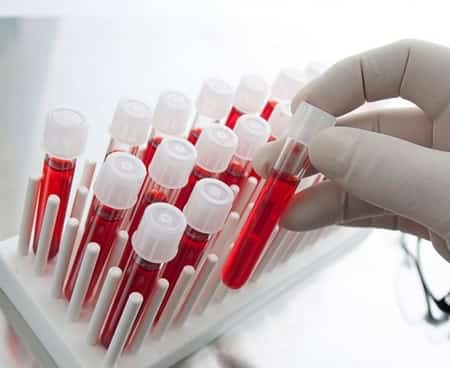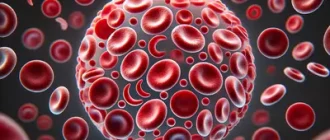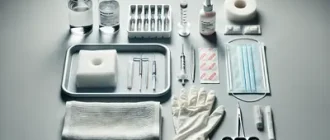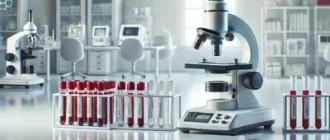Donating blood is a life-saving act of kindness that contributes positively to the health and wellbeing of those in need. However, to ensure a smooth and safe experience, it’s important to fuel the body correctly both before and after the donation. Below, we’ll explore some appropriate food and drink choices when preparing to donate blood.
Pre-Donation Dietary Guidelines
Before your blood donation appointment, it’s crucial to prioritize your overall wellness through nutritious food and proper hydration.
Hydrate
Hydration is important when donating blood. Consuming an extra 16 oz. of water or other drinks prior to donating can assist in preserving a sufficient blood volume.
Eat Iron-Rich Foods
Iron is used to make hemoglobin, which helps carry oxygen in the body. Eating iron-rich foods a few weeks prior to the donation can help your body prepare to lose some hemoglobin with the blood loss. Some iron-rich foods include:
- Spinach
- Red meat
- Fish
- Poultry
- Beans
- Iron-Fortified Cereals
Avoid Fatty Foods
Consuming fatty foods like fried items, cream, and butter before your blood donation can make your blood fatty, obscuring the necessary tests run on donated blood.
Post-Donation Dietary Guidelines
After donating blood, the body needs to replenish its resources.
Stay Hydrated
Continue hydration after donation to replace the fluid lost. Rehydration helps maintain blood pressure and aids the body in transporting nutrients.
Eat a Balanced Meal
After donating blood, consume foods that contain proteins and complex carbohydrates to replenish your energy stores. These include:
- Whole grain bread
- Lean proteins, like turkey or chicken
- Fresh fruits and vegetables
- Nuts and seeds
Replenish Iron
Continue eating iron-rich foods to help replace the iron that was lost during the donation.
Rest and Rejuvenate
Avoid caffeine for at least 24 hours after donation as they can increase dehydration.
Conclusion
Eating well and maintaining hydration levels not only facilitate a smooth blood donation experience but also aid in a faster recovery. Ensure to take care of your body before and after donation. Donate blood, save lives, and remember, the need is constant.
| Before Donation | After Donation | |
|---|---|---|
| Food | Iron-rich food, avoid fatty food | Balanced meal, iron-rich food |
| Drink | Extra 16 oz. water or non-alcoholic fluids | Continue hydration, avoid alcohol and caffeine |
About the Author
Reyus Mammadli is the author of this health blog since 2008. With a background in medical and biotechnical devices, he has over 15 years of experience working with medical literature and expert guidelines from WHO, CDC, Mayo Clinic, and others. His goal is to present clear, accurate health information for everyday readers — not as a substitute for medical advice.







